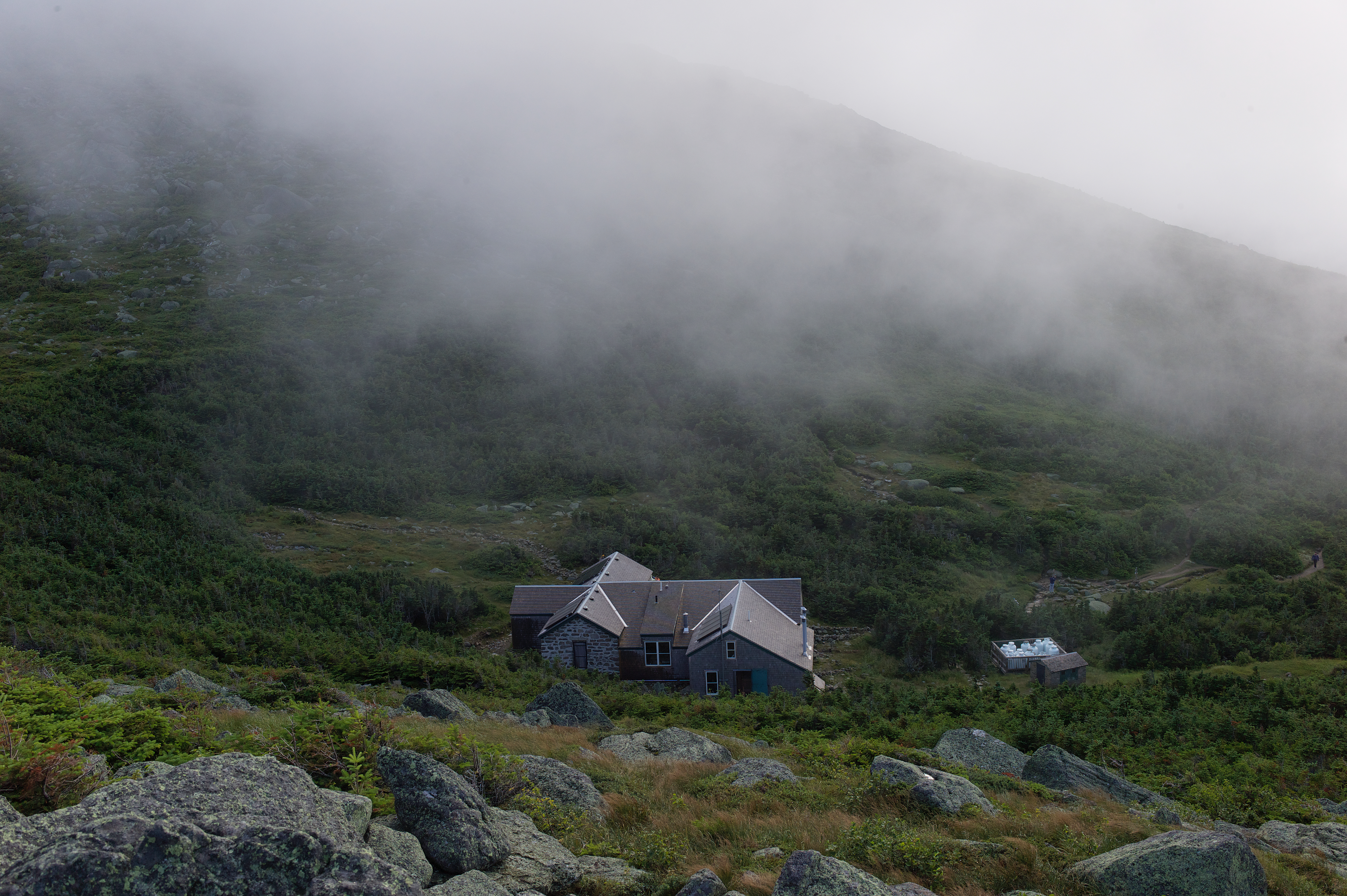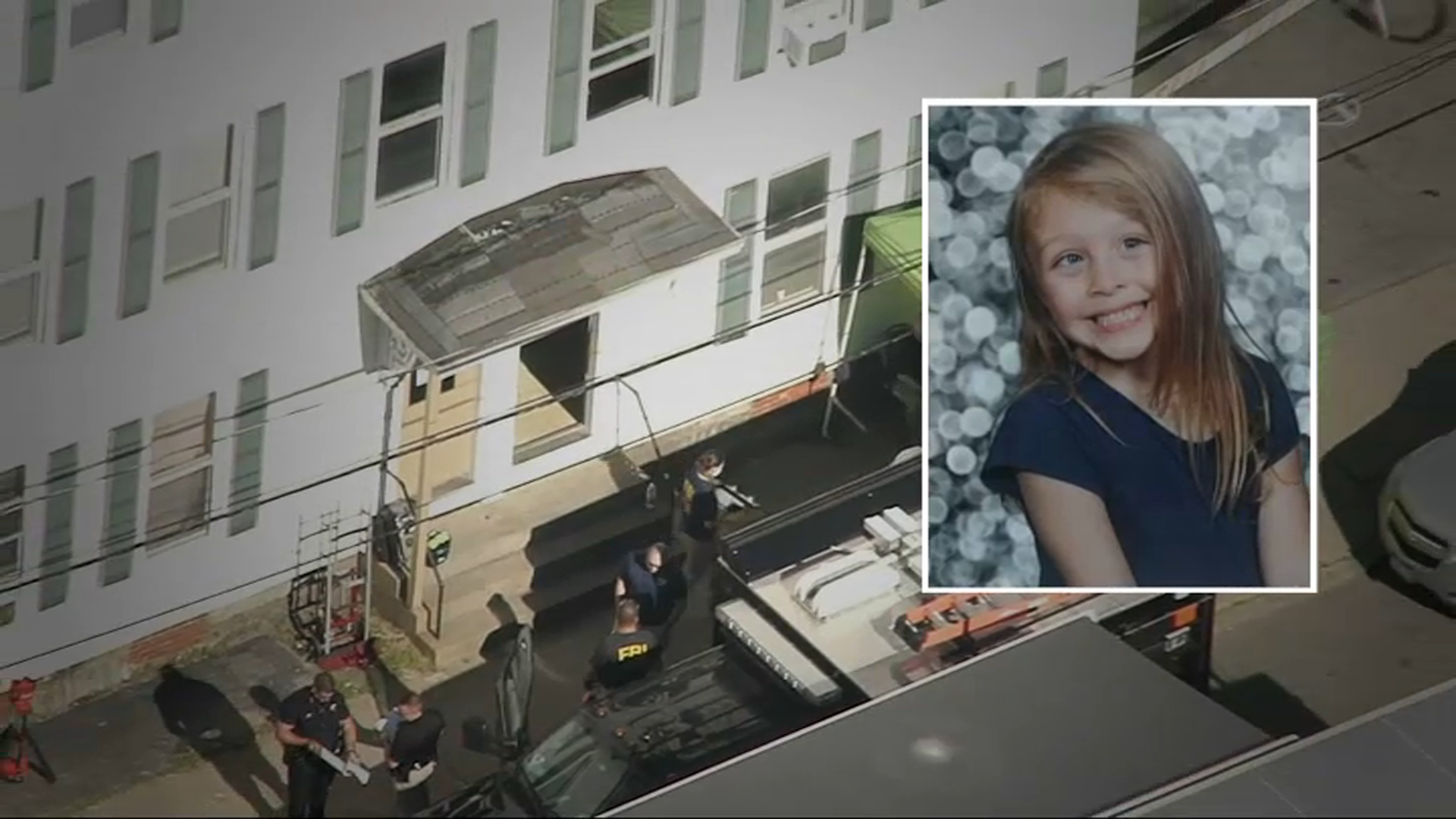After a false alarm from the Seabrook Nuclear Power Plant in New Hampshire prompted evacuations of area beaches, emergency response officials are talking about what would happen in an actual emergency.
The power plant's siren was inadvertently activated Tuesday morning, officials said.
"Attention. Attention. There is a problem at Seabrook Nuclear Power Station. The beaches are closed. Leave the beach area at once and turn on your radio for more information," the alert said, according to a recording of the message obtained by NBC10 Boston.
Hampton is one of several communities within the Emergency Planning Zone, an area 10 miles around the station.
Get Boston local news, weather forecasts, lifestyle and entertainment stories to your inbox. Sign up for NBC Boston’s newsletters.
"I think an incident like yesterday, where the alarm was sounded in error, causes a lot of angst for people," said Hampton Fire Chief Michael McMahon, also the town's director of emergency management. "It gets them nervous and frightened, and they really don't need to be."
McMahon says during an actual emergency, he would be in communication with the New Hampshire Department of Homeland Security and neighboring communities to implement their emergency plans.
"A nuclear disaster, it's a bit challenging because not everyone understands how it works. This isn't like a nuclear weapon, and it isn't like Chernobyl," he said. "Before it gets to the point of radiological release into the environment, a lot of — several things have to fail."
By the time an alert like the one heard Tuesday is broadcast, he sys they would likely have enough notice and time to mobilize resources.
"You'd see police officers monitoring traffic control points, you might see school buses start to show up to evacuate those who can't do that for themselves," McMahon said. "There'd be a lot of things in place."
Diane Screnci, public affairs officer for the U.S. Nuclear Regulatory Commission, says the agency reviews nuclear plants' testing and maintenance programs as part of its emergency preparedness plan.
"We have two, at least two, resident inspectors assigned to every plant in the country, and they're basically our eyes and ears at the plant," Screnci said. "We expect the companies … to figure out what happened and why it happened and take steps to prevent re-occurrence. Our inspectors will follow the company's actions as they work to address this issue."
"I think we all know investigations can take some time, but I think it's really important to pay attention to the results," said Sarah Abramson, executive director of the watchdog organization C-10. "Not just the why this happened, but more importantly, what can we do? What gaps did we identify when this inadvertent emergency response happened, and what resources do we need to fill those gaps?"
People who were on the beach Tuesday recalled the chaos.
"I just heard it say that there was a problem at the power plant, stay calm, and leave the beach," said Emily Ahearn, who was at Hampton Beach.
"As we're looking around, everyone looked panicked," said Kylie Croteau, who was also at Hampton Beach Tuesday. "What scared me the most was the lifeguard really didn't know what was going on and really looked panicked. I was like, 'We should probably leave.'"
"We were all really out of breath after running and I just got out of there as quickly as possible," said beachgoer Emily Watson.
"You hear a nuclear leak or something like that, you're not thinking good things," said beachgoer Paul Driscoll, who heard the alarm in Hampton Beach. "You hear about Chernobyl, Russia, stuff like that, you're thinking this might not be good, and where do you go?"
"It did kind of freak the neighborhood out," said Nicole Quinn of Seabrook.
Seabrook Station, as it is commonly known, is operated by NextEra Energy and is located on 900 acres of land off Route 1, a short distance from the New Hampshire-Massachusetts border and about 40 miles north of Boston.



